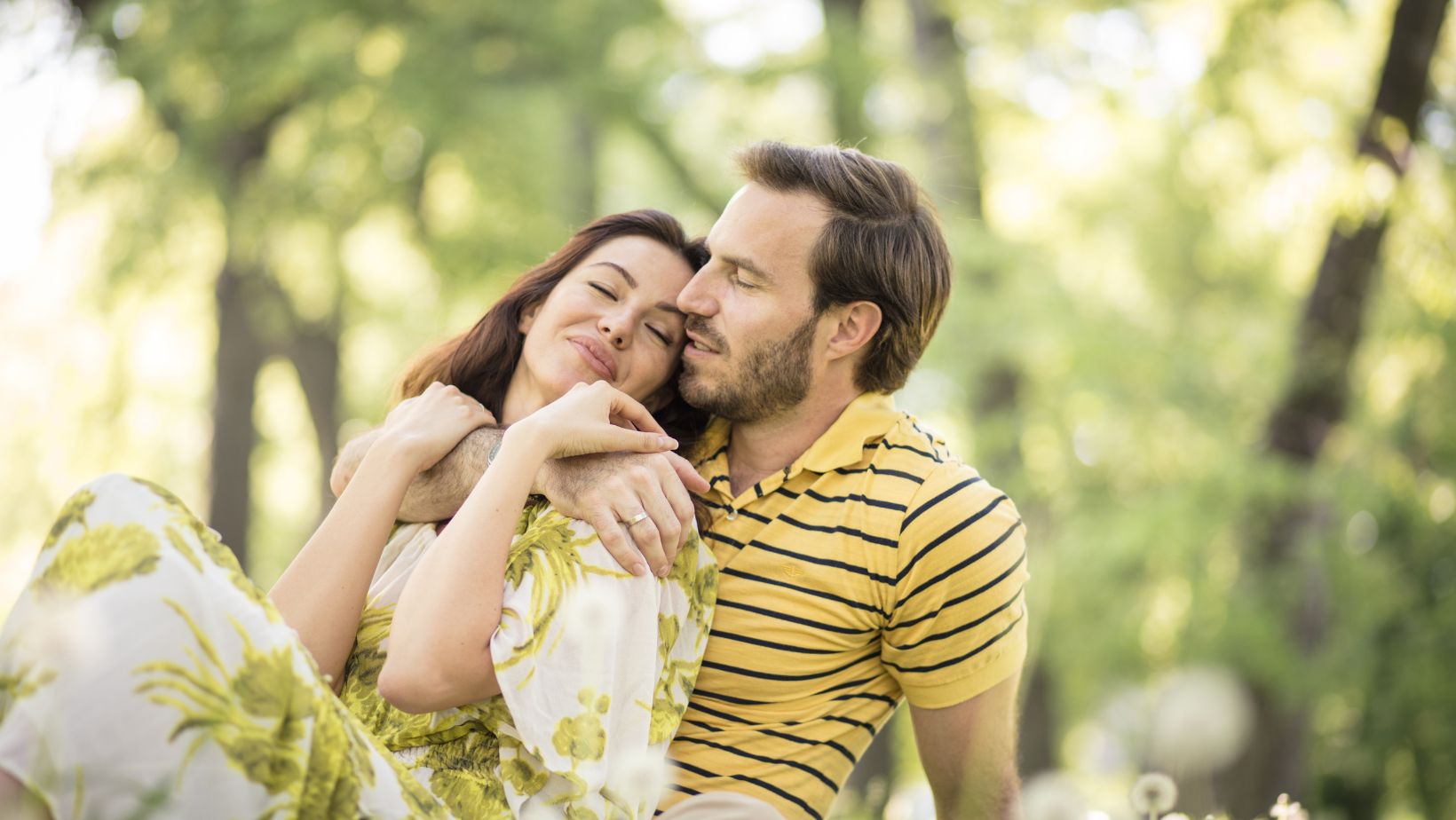
The worst thing you can do for your partner and your relationship is assume you know how to make love last.
Seriously—how could any of us possibly know? Our biology hasn’t caught up with modern expectations. It’s still wired for survival, not emotional intimacy. Cultural traditions? Mostly outdated. The roles and rules our grandparents trusted have fallen apart. Now, we face a confusing mix of TikTok tips, pop-psych clichés, and conflicting dating “rules.”
We often treat relationships like online games, such as Azurslot. We chase thrills, pull levers, and hope for jackpots. But we rarely learn what makes a relationship last.
The truth is, modern love requires skills we were never taught. The brain can adapt beautifully, but only if the ego gets out of the way. And that’s the hard part. Most of us would rather cling to the illusion that we “know what we’re doing” than admit we’re flying blind.
Do yourself and your partner a favor. Say this three times: “I have no idea what I’m doing with modern relationships.”
Now we’re getting somewhere.
 Letting go of our ego helps us stop controlling our relationships. We open up when we stop trying to shape how our partner thinks or acts. This way, we can learn to love the real, unique person before us. The most loving thing you can say to your partner is:
Letting go of our ego helps us stop controlling our relationships. We open up when we stop trying to shape how our partner thinks or acts. This way, we can learn to love the real, unique person before us. The most loving thing you can say to your partner is:
Show me how to love you, and I’ll show you how to love me in return.
Understanding how to love each other beats any therapy session or relationship advice. Therapists and authors are good at pointing out what fails in relationships. But they don’t always explain what can help you and your partner. They can share what works for them and their partners. But remember, their high divorce rates show that this may not be your best guide. Trying to meet their standards of love could harm your relationship.
Don’t Make Your Partner Work Hard to Feel Loved—Make it Simple
Today’s relationships survive through mutual effort, understanding, and give-and-take. We don’t want to make it hard for our partners to love us. We want to make it as easy as possible. The following little exercise can help.
Ask your partner: What can I do to make you feel loved?
Please write down your partner’s response (e.g., surprise me occasionally with flowers.)
If your partner suggests an idea, respond, “This helps me show you love.” For instance, let me know that you like the flowers I bring.)
And tell your partner: I feel loved when you … (e.g., greet me when I come home). I will make it easier for you to do this by … (e.g., showing appreciation when you do it and doing the same for you). Is there something else I can do to make it easier for you?
And then write your partner’s response.
Just like in the previous exercises, dialogue with your partner is key to achieving a fulfilling and safe sexual relationship. Love is slightly different for each couple; you must show people how to get it right.
Conclusion
Love is not a gift we have but one we learn. We learn love through lived experiences, not fairy tales. Humility, curiosity, and caring help along the way. The most rewarding relationships do not stem from ideal matching or mind-reading. They are grounded in communication, openness, and appreciation of each other’s uniqueness.
If you can say, “Help me love you better,” you’re doing something brave and uncommon. You’re releasing ego and embracing evolution. You’re showing that love isn’t something about being perfect every step of the way—it’s about being committed to getting better as a couple.
Forget the one-size-fits-all advice. Forget the performative trends. Just stay open, stay teachable, and make it easy for love to grow between you, day by day, word by word, gesture by gesture.
That’s not the most loving thing you can say. There’s nothing more loving than choosing to grow together, every day.
Bob Duncan is the lead writer and partner on ConversationsWithBianca.com. A passionate parent, he’s always excited to dive into the conversation about anything from parenting, food & drink, travel, to gifts & more!
